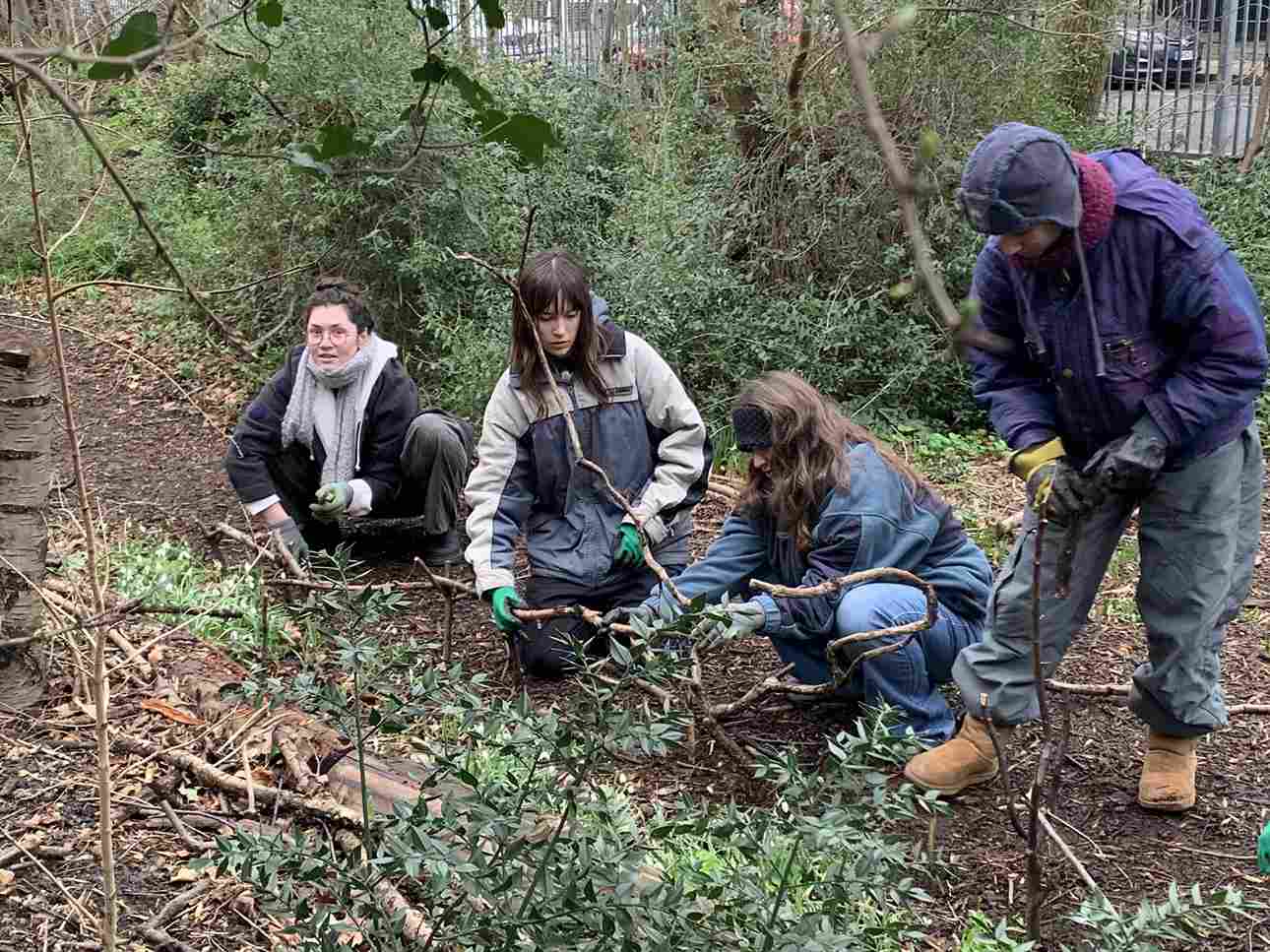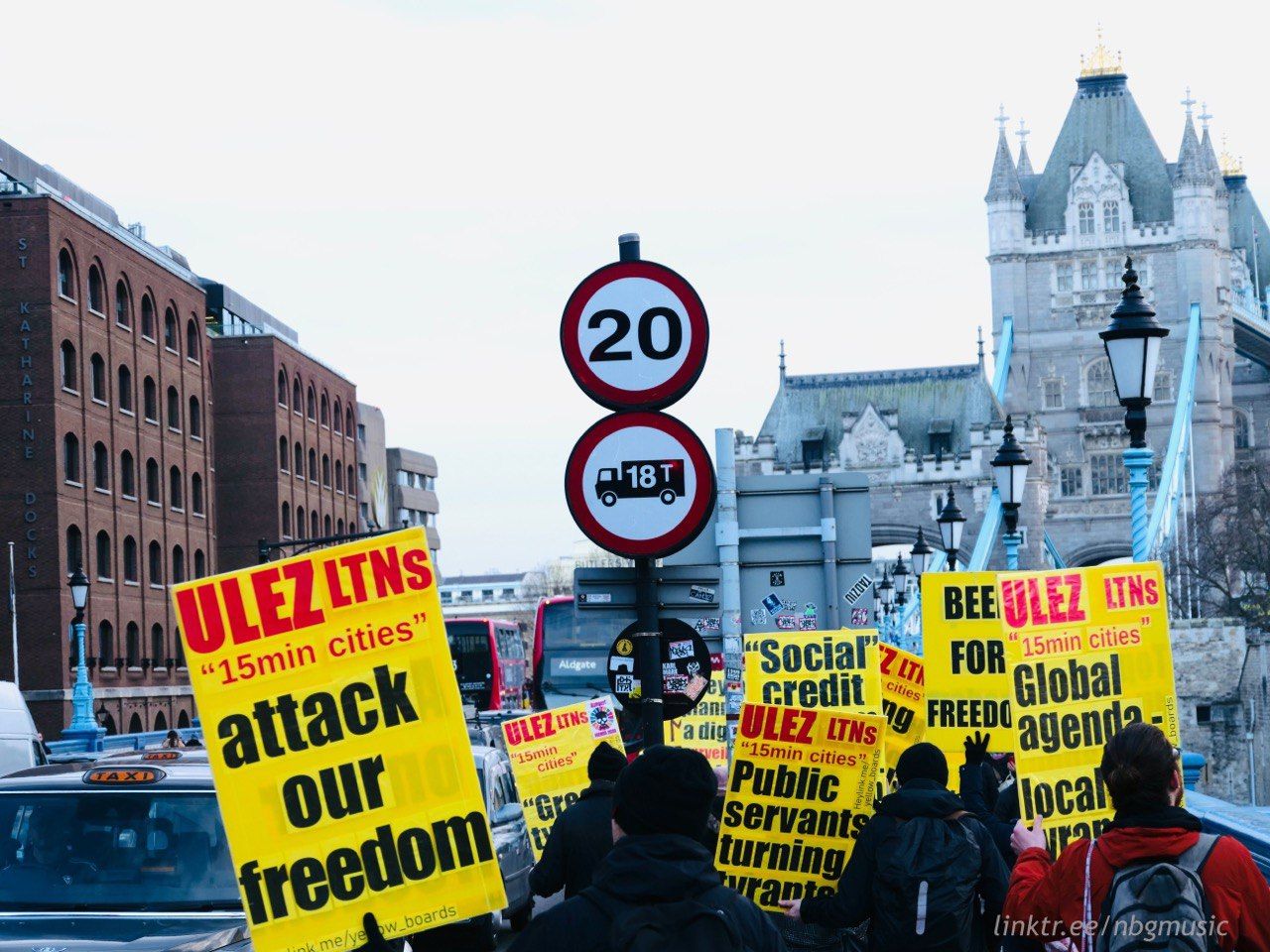
Climate Injustice in Marginalised Muslim Communities

Summary
Climate change is one of the most pressing global challenges of our time, disproportionately affecting marginalised communities, including Muslims. Despite being among the most impacted by climate change, Muslims are often underrepresented in climate movements and discussions. This project explored the reasons behind this lack of engagement, providing a basis off of which others can create effective methods to encourage and empower Muslim communities to participate actively in climate action. This project was conducted in partnership with Two Billion Strong (TBS).
Approach and Methodology
I started with the problem of Muslim underrepresentation in climate discussions, collaborating with TBS and initially understanding their gaps in research. Using qualitative visual methods, I organised a Participatory Action-Based Research (PABR) workshop titled "Under a Date Palm" to collect first-hand insights from participants. This involved thematic analysis of discussions surrounding environmental stewardship through an Islamic lens, exploring its relation to other socioeconomic inequalities. Simultaneously, I employed quantitative NLP techniques on over 10,000 subreddit comments, comparing climate change-related discussions with non-climate topics. This interdisciplinary approach combined sociocultural, religious, and environmental perspectives, synthesising both data sources to identify barriers and enablers to engagement in climate action.
Proposal/Outcome
The project concluded that the Muslim community’s climate engagement is hindered by socioeconomic priorities, such as exclusion from mainstream conversations and more urgent practical barriers. My outcome was a set of tailored recommendations for TBS, including advocating for culturally sensitive outreach programs and policy integration, and enhanced educational efforts within Muslim communities to foster climate action.
Beyond Outcomes
Want to learn more about this project?



Overall LIS Journey
About me

I’m Haadiyah, a recent graduate from the London Interdisciplinary School. My passion lies in sustainability, and advocating for social and climate justice. Currently, I’m gaining valuable experience as an ESG Sustainability Intern at a local healthcare group, where I am working on creating impactful, data-driven sustainability strategies. My work is driven by the belief that addressing environmental issues must go hand-in-hand with promoting equity and justice across communities.
.svg)
Other Related Projects
Back to the repository


- A Pilot Based on Heathrow's Sustainability Goals







